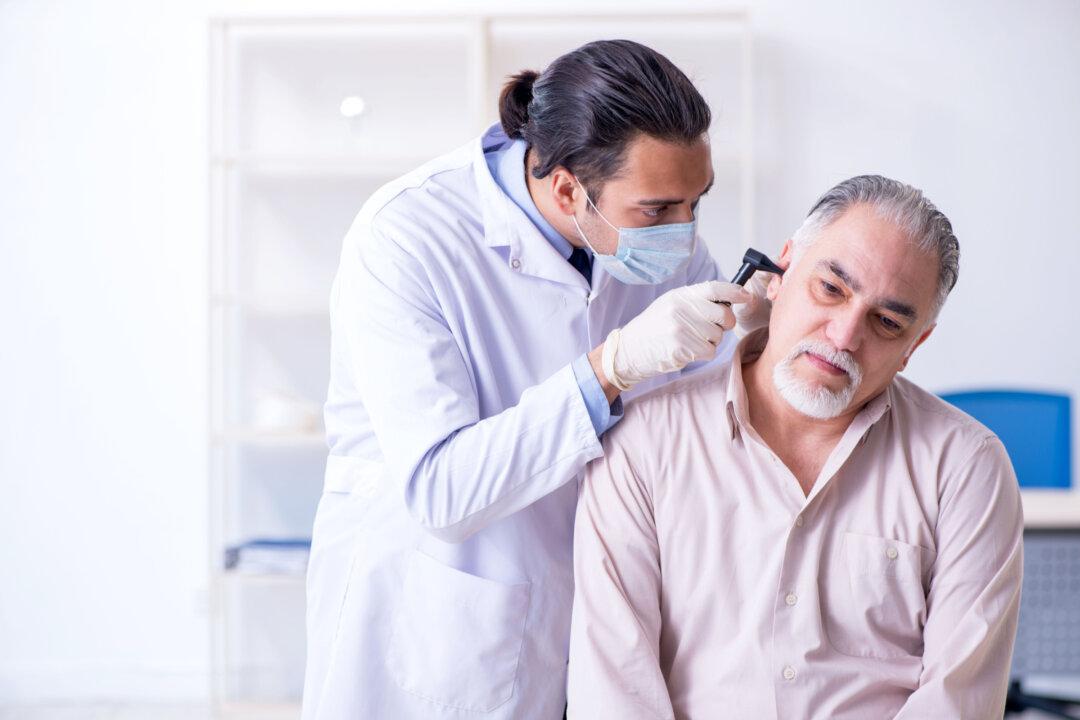Reports show that both mental illnesses and drug use are on the rise across the United States. Over 72,000 American deaths were caused by drug overdose in 2017 alone. Research has found a clear association between mental health issues and drug abuse in the past, but this association has not been specifically looked at in relation to mental health and the current opioid crisis in America.
A new study has done just that, however, by analyzing data gathered by the Centers for Disease Control and Prevention between 2011 and 2015 on deaths related to opioid use and information acquired on rates of depression through phone surveys.





